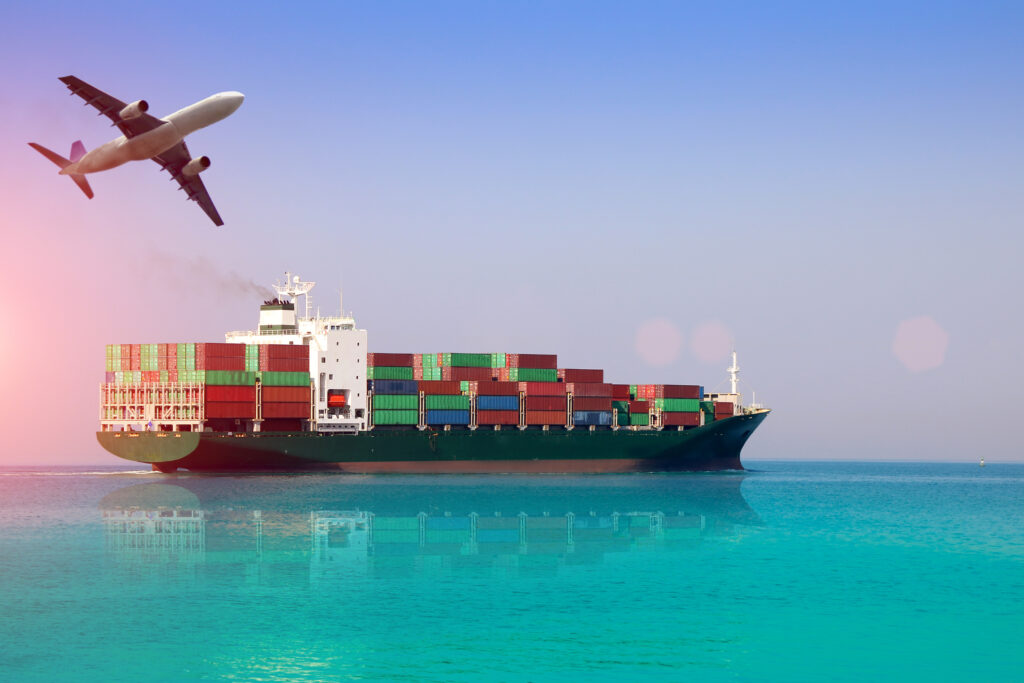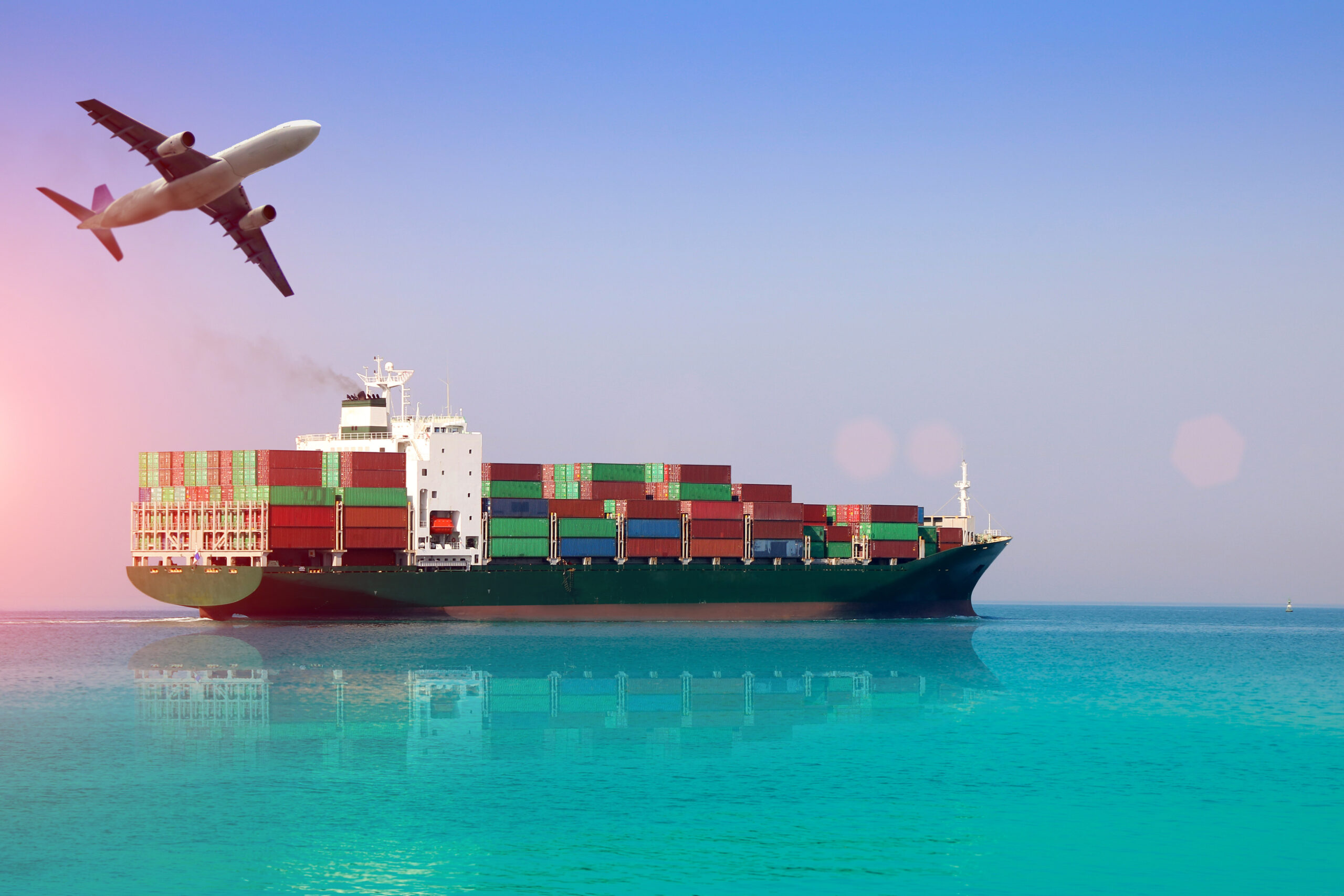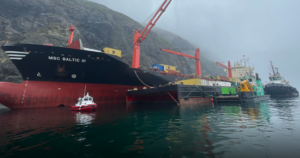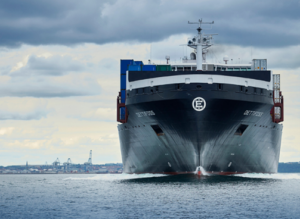
Global shipping rates are skyrocketing as Houthi attacks in the Red Sea continue. Carriers avoiding the area are suffering from longer transit times around Africa, leading not only to higher costs but delayed deliveries and disruption throughout the global supply chain.
To combat these logistical challenges, retailers are now looking at alternative delivery methods.
Retailers are turning to air freight to protect supply chains and keep their products on shelves amid the ongoing crisis in the Red Sea and Suez Canal.
That is according to Oslo’s Xeneta, the ocean and air freight rate benchmarking platform, who have been told by businesses across the consumer retail and apparel sector that delays and disruption caused by Houthi militia attacks on container ships in the Red Sea has forced them to take action.
The latest data released by Xeneta last Friday, shows air cargo volumes from Vietnam to Europe, a major trade route for apparel, spiked 62% in the week ending 14 January.
This is also 6% higher than 2023’s peak week in October and a 16% increase on the volumes recorded in the same week 12 months ago.
Niall van de Wouw, Xeneta chief airfreight officer, said: “This is the first signal in Xeneta data that the Red Sea crisis is impacting air freight. This is typically a quieter time of year for air freight so to see increases of this magnitude, with higher volumes than at any point in 2023, is significant.
“Routes from Vietnam to Europe are used heavily for apparel, a sector we have been told is switching more goods from ocean to air due to the Red Sea crisis, so it is particularly noteworthy we are seeing volumes increase to such an extent on this trade.
“We should also recognise that the upcoming Lunar New Year may also be contributing to the increase in volumes.”
Air freight rates from Vietnam to Europe have increased recently by 10%, but with increasing volumes putting pressure on capacity and load factor, costs could be set to rise further.
Van de Wouw said: “When the Red Sea crisis escalated in December we stated that, once the impact starts to be felt in air freight, things could happen very quickly.
“In the next two weeks we should know for sure if this represents a genuine and significant shift from ocean to air freight due to the Red Sea crisis.”



